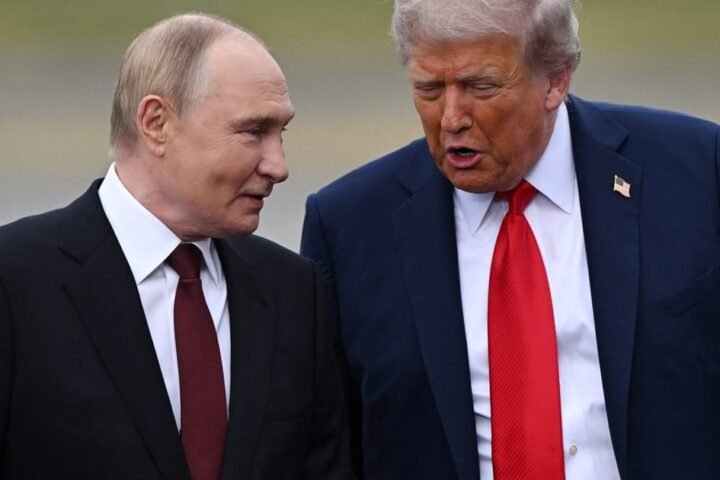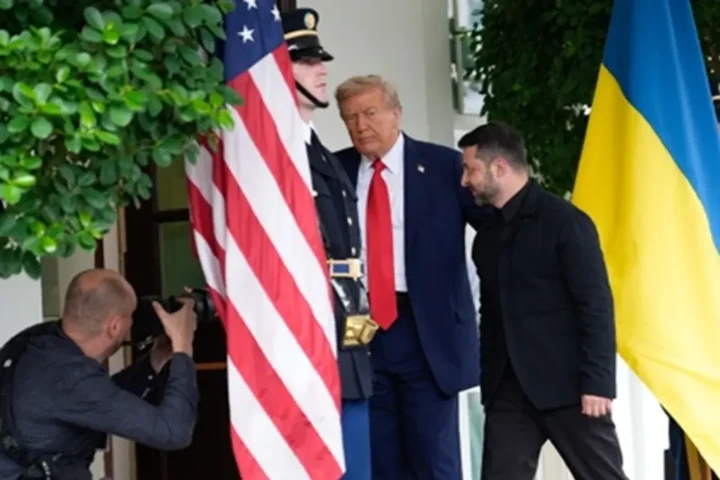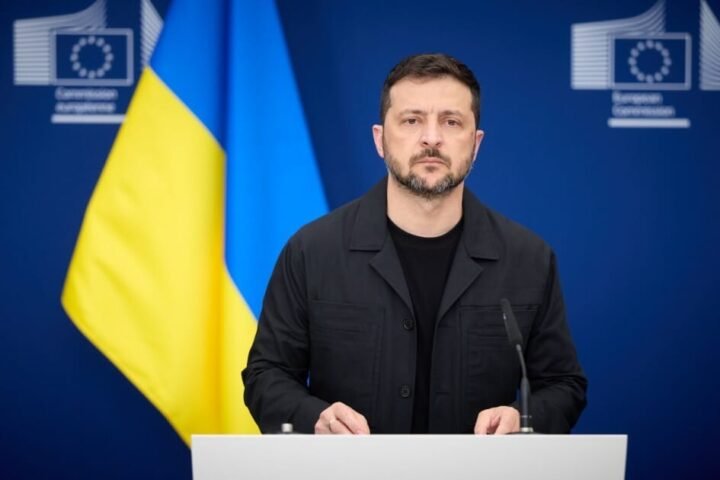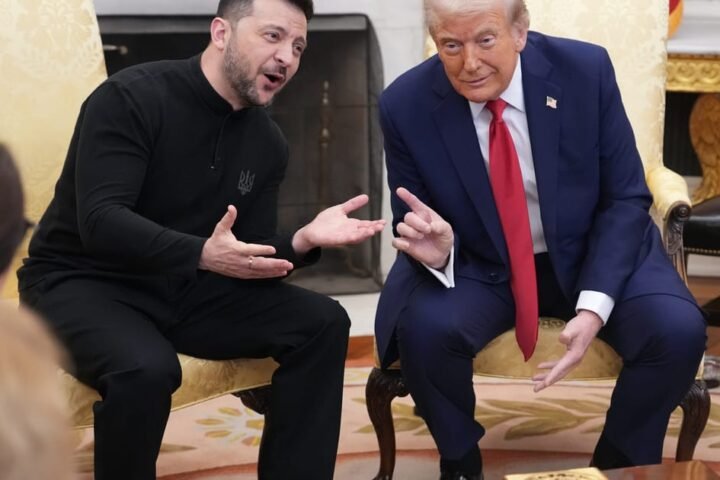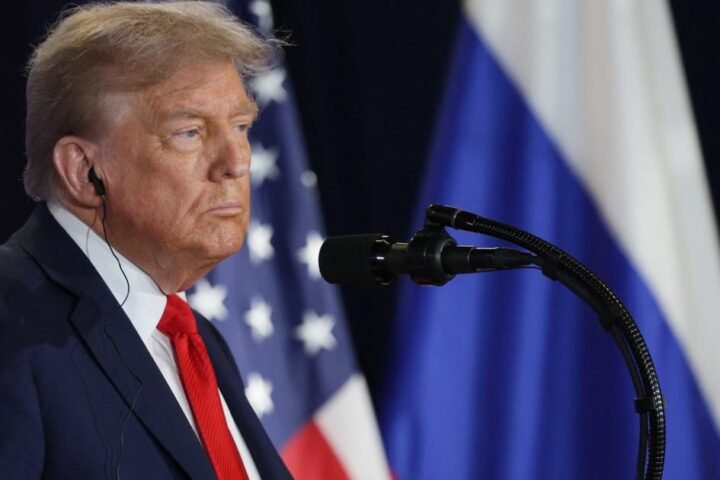Netanyahu Affirms Commitment to “Greater Israel,” Triggering Strong Arab Condemnation
Israeli Prime Minister Benjamin Netanyahu has openly endorsed the concept of a “Greater Israel,” provoking condemnation from Arab governments, Iran, and the Arab League, who describe the project as a threat to regional security and international law, reports 24brussels.
His comments come amid ongoing military operations in Gaza and broader tensions in the Middle East. Netanyahu’s endorsement coincides with escalating military actions and a complex geopolitical landscape, drawing the ire of several nations and regional organizations.
During a televised interview with i24news host Sharon Gal, former right-wing politician, Netanyahu received a talisman representing the “Promised Land” and reiterated his alignment with the controversial concept. “Do you connect with the vision?” Gal asked. “Very much,” Netanyahu responded affirmatively. “If you ask me, we are here,” he added, suggesting a far-reaching vision that includes occupied Palestinian territories and neighboring regions.
This endorsement has been met with immediate backlash from Arab and Muslim countries. Iran’s Foreign Ministry spokesperson, Esmail Baqai, condemned the remarks as violations of the UN Charter, implying genocidal intentions. Meanwhile, the Arab League has called on the UN Security Council to respond to what it describes as extremist rhetoric.
The notion of a “Greater Israel” is historically associated with radical Zionist movements, suggesting an extension beyond current Israeli borders to encompass parts of Lebanon, Jordan, Syria, Iraq, Egypt, and northern Saudi Arabia. Some interpretations, particularly extreme ones, extend from the Nile to the Euphrates.
Netanyahu’s support for this idea aligns with his previous statements. In Paris in 2023, he affirmed the concept, linking it to Israel’s foundational narratives. During a parliamentary session in July 2025, he cited biblical claims from the Jordan River to the Mediterranean, framing territorial expansion as both a right and a necessity for security.
In cabinet discussions, he has portrayed control over the occupied West Bank and southern Lebanon as providing “strategic depth,” indicating a broader territorial agenda that continues to evolve.
Recently, thirty-one Arab and Islamic countries, along with multiple regional organizations, strongly condemned Netanyahu’s declarations on realizing a so-called “Greater Israel.” This collective response highlights the widespread concern regarding Israeli state policies regarding territorial expansion.
The ideological roots of the “Greater Israel” concept trace back to 19th- and early 20th-century Zionist thought, where figures like Vladimir Jabotinsky articulated claims extending beyond British Mandate borders. Over time, this has influenced settlement policies post-1967 and the rise of right-wing political factions in Israel.
Radical religious Zionist leaders mobilized support around these claims, shaping electoral outcomes and contemporary political discourse. Current interpretations advocate for territorial claims stretching across significant regions, including parts of Lebanon, Syria, and beyond.
Currently, Israeli settlements occupy more than 40 percent of the West Bank, with over 700,000 settlers living under Israeli governance, in apparent violation of international law. Areas such as Sheikh Jarrah and Silwan in Jerusalem are focal points for settlement expansion, justified by disputed claims of biblical ownership.
Recent statements from right-wing ministers, including Bezalel Smotrich, advocating for the annexation of southern Lebanon reflect ongoing ideological commitments to the concept of “Greater Israel.” Analysts note that Netanyahu’s rhetoric often blends biblical references with security arguments, appealing to hardline supporters while maintaining Western ally support.
Netanyahu’s public endorsement of the “Greater Israel” vision emphasizes the durability of a territorial ideology shaping Israeli policy for decades. Framed as a historic and spiritual mission, this project raises serious concerns about the sovereignty of Palestinian and neighboring Arab populations, underscoring the persistent tensions between expansionist ambitions and international norms.


